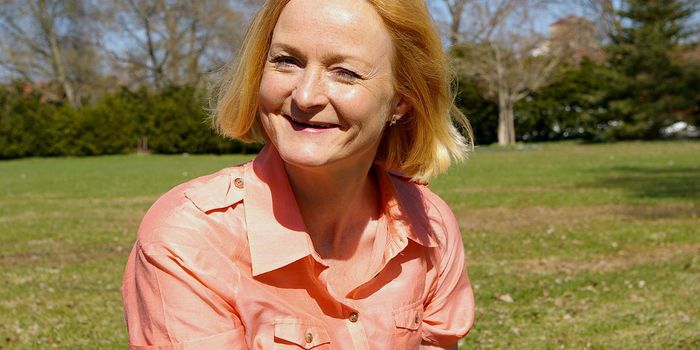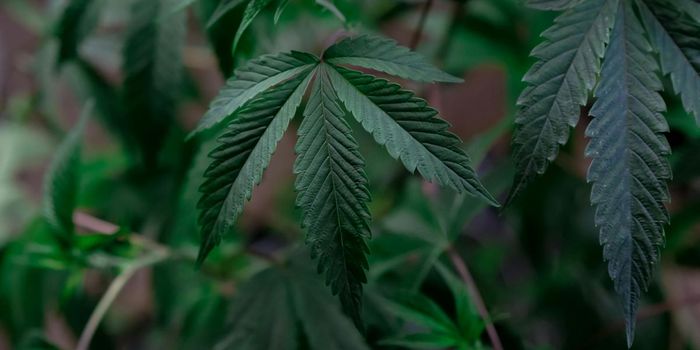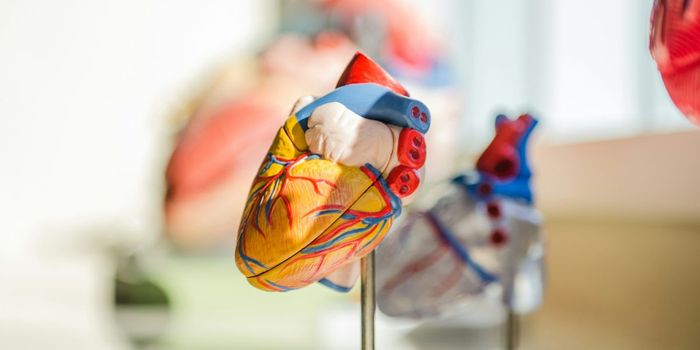Muscle Resilience Doesn't Decrease in Older Adults
New research published in the Journal of Aging and Physical Activity suggests that muscle damage after exercise is similar or lower in older adults compared to younger adults.
The systematic review and meta-analysis included 36 studies that had an exercise component and compared younger and older groups of adults. Outcomes in the included studies included muscle function, muscle soreness, and creatine kinase, which is an indicator of muscle damage, after exercise. Younger adults were classified as those between the ages of 18 and 25, while older adults were classified as those 35 years old and older. While widespread beliefs tend to assume that aging leads to less muscle resilience and more muscle damage after exercise, this study sought to quantify the effects of exercise on muscles in older and younger adults.
The results showed that older adults did not have greater muscle function loss after exercise compared to younger adults. Additionally, older adults showed less soreness than younger adults after exercise; their soreness was 38% lower 48 hours after exercise and 62% lower 72 hours after exercise. Additionally, creatine kinase levels were approximately 28% lower in older adults compared to younger adults 24 hours after exercising.
The authors noted that these results are important because they overturn the widespread belief that older adults may be more prone to muscle damage or have slower recovery times after exercise compared to younger adults. These beliefs lead some older adults to participate in less exercise, which can have a negative impact on overall health and particularly heart health. This study further suggests that older adults do not need longer recovery times after exercise and can instead participate in training programs similar to younger adults. Overall, the results of this study emphasize the importance of staying active throughout one’s life and dispel myths about aging leading to impaired muscle recovery.
Sources: Journal of Aging and Physical Activity, Science Daily








